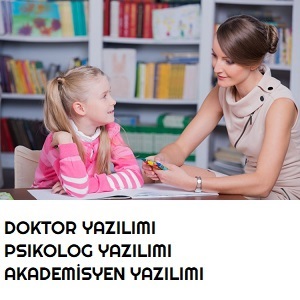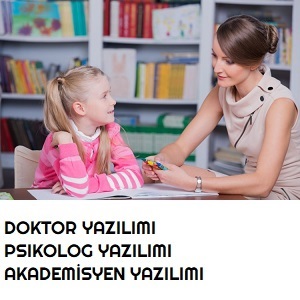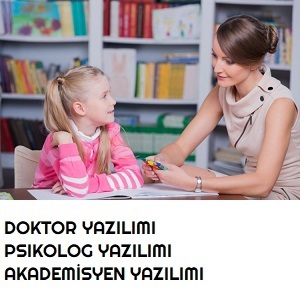Pneumonia: A Serious Threat for Children and the Elderly
Pneumonia poses a severe health threat, especially for children and the elderly. Learn about prevention methods, including pneumococcal vaccination, healthy lifestyle habits, and the role of hygiene in reducing infection risks. Pneumonia is a serious yet preventable respiratory condition affecting children and the elderly. Discover how vaccines and proper medical care can save lives, and explore tips for maintaining health during pneumonia season.

Pneumonia: A Serious Threat for Children and the Elderly
Understanding Pneumonia: A Common and Serious Illness
Pneumonia, also known as pneumonitis, is an inflammatory condition affecting the air sacs in the lungs. It can be caused by bacteria, viruses, or fungi and impacts individuals across all age groups. However, children under five years old and elderly adults are particularly vulnerable to severe cases and fatalities.
According to Dr. Dilek Leyla Mamçu, Infectious Diseases and Clinical Microbiology Specialist at Üsküdar University NPİSTANBUL Hospital, pneumonia remains a leading cause of illness and death in these high-risk populations. “With pneumococcal vaccines, we can prevent pneumonia and bloodstream infections, reducing hospitalizations and the need for intensive care,” she emphasized.
Vaccination as a Key Preventive Measure
Dr. Mamçu highlights the importance of pneumococcal vaccination for preventing community-acquired pneumonia, which is among the most frequently encountered infectious diseases worldwide. This illness significantly increases healthcare costs, lost workdays, and absenteeism from school. The vaccine is especially critical for high-risk groups, including:
- Children under five years old
- Adults aged 65 and above
- Individuals with chronic illnesses (diabetes, heart, kidney, or lung diseases)
- Smokers and people with weakened immune systems
- Those with spleen dysfunction or alcohol dependency
- HIV-positive individuals or those with cerebrospinal fluid leaks
“Pneumococcal vaccination is not only effective in preventing infections but also reduces hospital admissions and intensive care needs,” Dr. Mamçu explained.
How Pneumonia Spreads and Prevention Methods
Pneumonia transmission varies, with community-acquired cases being the most common. These infections peak during winter months due to increased exposure to respiratory pathogens. Dr. Mamçu stresses that healthy lifestyle habits can serve as preventative measures:
- Healthy Eating: A balanced diet with essential nutrients boosts immunity.
- Hygiene Practices: Maintaining a clean environment reduces exposure to infectious agents.
- Vaccinations: Pneumococcal and influenza vaccines can be administered together safely, offering dual protection.
The Growing Risk Among the Elderly
With the global rise in aging populations, the risk of pneumonia is increasing. Chronic diseases prevalent in older adults further weaken their resistance, making them more susceptible to severe infections. “Pneumonia in seniors can progress to life-threatening complications more rapidly than in younger individuals,” Dr. Mamçu warned.
Despite its severity, pneumonia is treatable and preventable with timely vaccinations, antibiotics, and proper medical care.
Addressing Common Vaccine Concerns
While pneumococcal vaccines are generally safe, they can occasionally cause mild side effects such as pain or sensitivity at the injection site, which resolve within a couple of days. Dr. Mamçu reassures patients, stating, “Pneumonia and flu vaccines can be administered simultaneously without concerns of adverse interactions. These vaccines are inactivated and do not cause the diseases they protect against.”











